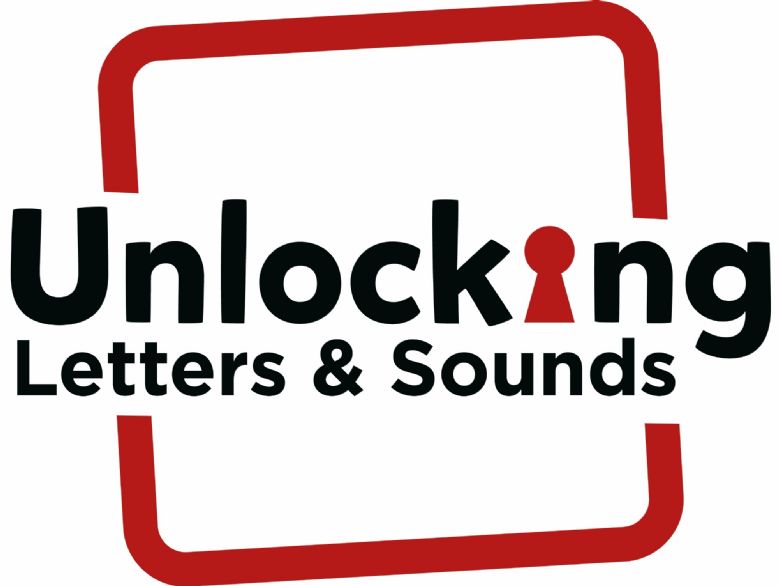Phonics
Our Phonics and Early Reading Scheme:

At St Mary's Primary School we use Unlocking Letters and Sounds as our main early reading and phonics scheme, to ensure that children read a range of high quality books to stimulate a love of reading, enabling them to become independent readers. In order for children to improve their fluency, the books on offer ensure development of children’s phonological awareness and knowledge of keywords. Our reading books are grouped in phases and sets matched to the child's phonic attainment ensuring they support each child's progression of learning.
How do we ensure our children make a strong start in Reception?
- Daily phonics lessons take place from Reception, following a clear four-part structure.
- Opportunities for reading and writing are provided within the phonics lesson and pupils have additional reading practice every day.
- Formal assessment takes place each term but AfL is used in every lesson to identify pupils who may be falling behind, or who are at risk of falling behind.
- Any gaps are then addressed using interventions and support.
How do we ensure reading progression?
- 'Unlocking Letters and Sounds' fully decodable books are used throughout Reception and KS1 and into KS2, following the progression of 'Unlocking Letters and Sounds' until pupils are fluent readers.
- We have ongoing investment in low decoding books for pupils in KS2, as well as additional titles for KS1 to ensure a plentiful supply.
- Pupils are expected to read their book four to five times a week at home to practice decoding, build fluency and develop prosody. This strategy is shared with parents through letters and parent meetings. Please see attached slides at the bottom of the page.
How do we develop pupils' listening comprehension and language?
- Children have opportunities to read aloud and talk about stories, poems and non-fiction books.
- All classes have a story session timetabled in to each day.
- A reading comprehension progression document has been written and is used to ensure appropriate progression in the teaching of comprehension skills during reading lessons. (See below for this document.)
- Appealing reading areas can be found in all classrooms with teachers working to ensure quality books at an age-appropriate level are available for all pupils.
- Parents are supported to understand the importance of reading to their child, even once they can read fluently, through parent meetings and letters.
Phonics
We use Unlocking Letters and Sounds which was validated by the DfE in December 2021. We begin teaching phonics in the first week of Term 1 in Reception and children make rapid progress in their reading journey. Children begin to learn the main sounds heard in the English Language and how they can be represented, as well as learning ‘Common Exception’ words for Phases 2, 3 and 4. They use these sounds to read and write simple words, captions and sentences. Children leave Reception being able to apply the phonemes taught within Phase 2, 3 and 4.
In Year 1 through Phase 5a, b and c, they learn any alternative spellings and pronunciations for the graphemes and additional Common Exception Words. By the end of Year 1 children will have mastered using phonics to decode and blend when reading and segment when spelling. In Year 1 all children are screened using the national Phonics Screening Check. In Year 2, phonics continues to be revisited to ensure mastery of the phonetic code and any child who does not meet age-related expectations will continue to receive support to close identified gaps. For further details, please see the Unlocking Letters and Sounds progression at the bottom of the page.
To ensure no child is left behind at any point in the progression, children are regularly assessed and supported to keep up through bespoke 1-1 interventions. These include GPC recognition and blending and segmenting interventions. The lowest attaining 20% of pupils are closely monitored to ensure these interventions have an impact.
Reading Scheme
At St Mary's CE Primary School we promote a 'phonics first' approach and in both our guided reading sessions at school and in the books children take home, texts are very closely matched to a child's current phonics knowledge, so that every child can experience real success in their reading. In these crucial early stages of reading we primarily use books from Ransom Reading Stars Phonics, to ensure complete fidelity to the Unlocking Letters and Sounds progression we follow.
Reading at home
Encouraging your child to read at home for 10 – 15 minutes a day can make a real difference to their reading development. Listening and supporting your child with their reading will aid their progress, helping them to become successful learners.
